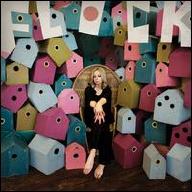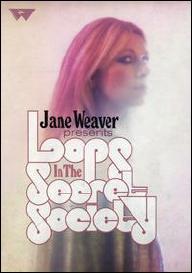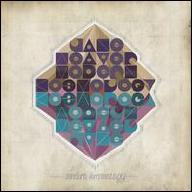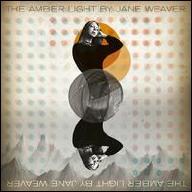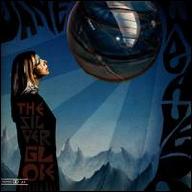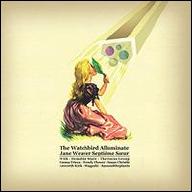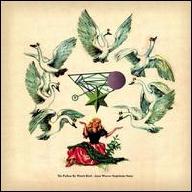Her musical career started with the Brit-pop group Kill Laura, who released five singles between 1993 and 1996 before they split. Weaver shifted gears from the guitar-heavy indie rock to a gentler, folktronic style. She began issuing solo singles in 1998 and recorded an album with members of Doves backing her for New Order manager Rob Gretton's Manchester label. Gretton's death meant the end of the label, and the album -- titled Supersister -- was shelved. Weaver's debut EP, Like an Aspen Leaf, was released in 2002. Alongside her burgeoning solo career, she also formed the indie electronic band Misty Dixon and her own Bird Records as an offshoot of Andy Votel's Finders Keepers label. Misty Dixon released a series of singles, then in 2003 the Iced to Mode LP.
After one last Misty Dixon single in 2004, Weaver pivoted back to her solo work and in 2006 released the Seven Day Smile album, which featured new recordings and tracks from the Supersister sessions. She played a handful of shows with fellow travelers like Gruff Rhys, Josephine Foster, and Bonnie Flower (of Wendy Bonnie fame) before starting work on another album. When she did, Weaver downplayed the electronics in favor of a woody, intimate style that called to mind British folk pioneers like Sandy Denny. The resulting Cherlokalate was issued in 2007 on Bird Records.
Weaver took some time off and delved more deeply into obscure sounds, expanding her musical universe to encompass European film music, prog rock, spooky children's folk, and dark psychedelia. Working with a diverse cast of musicians who included Wendy Bonnie, Welsh vocalist Lisa Jên, members of Misty Dixon, forgotten late-'60s pop singer Susan Christie, and Bosnian singer Behar, Weaver concocted a rich blend of psych and folk styles and sounds for her next album, 2010's The Fallen by Watchbird. It was followed a year later by The Watchbird Alluminate, a sequel of sorts that recast the songs from The Fallen by Watchbird in different ways with the help of Demdike Stare and the Focus Group.
Not one to rest on her stylistic laurels, Weaver shifted to a more synth-heavy approach for her next album, 2014's The Silver Globe. It was influenced by the sounds of '70s German music and Italian synthesizer music and featured Weaver playing most of the instruments with production help from Votel and David Holmes, some guitar from Damon Gough (of Badly Drawn Boy), and an appearance by techno pioneers Cybotron. A year later, The Silver Globe was reissued with a second disc titled The Amber Light that consisted of bonus tracks and remixes. Soon after, Weaver issued a one-sided private-press album called Neotantrik Globes, which featured Suzanne Ciani, Sean Canty, and Andy Votel deconstructing and reassembling songs from The Silver Globe.
After years recording for her own label, Weaver signed with Fire Records, and her first album for them, 2017's Modern Kosmology, continued to explore synthesizers and dream pop, and featured an appearance by Can's Malcolm Mooney. A 7" single, "The Lightning Back," was released by Fire Records in 2018. After a solo tour of the U.K. in late 2018, Weaver went back into the studio to work on Loops in the Secret Society, a collection of gently reimagined songs from The Silver Globe and Modern Kosmology with cinematically dark ambient interludes interspersed. It was issued by Fire in June 2019. A few months later, the label released the self-titled debut by Weaver's side project Fenella, composed as an alternate soundtrack to the 1981 Hungarian cult animation Fehérlófia. After these arty diversions, Weaver returned in 2021 with Flock, an album that had familiar elements but also introduced stomping glam rock, spaced-out funk, and soft R&B sounds to the mix. ~ James Christopher Monger & Tim Sendra, Rovi


